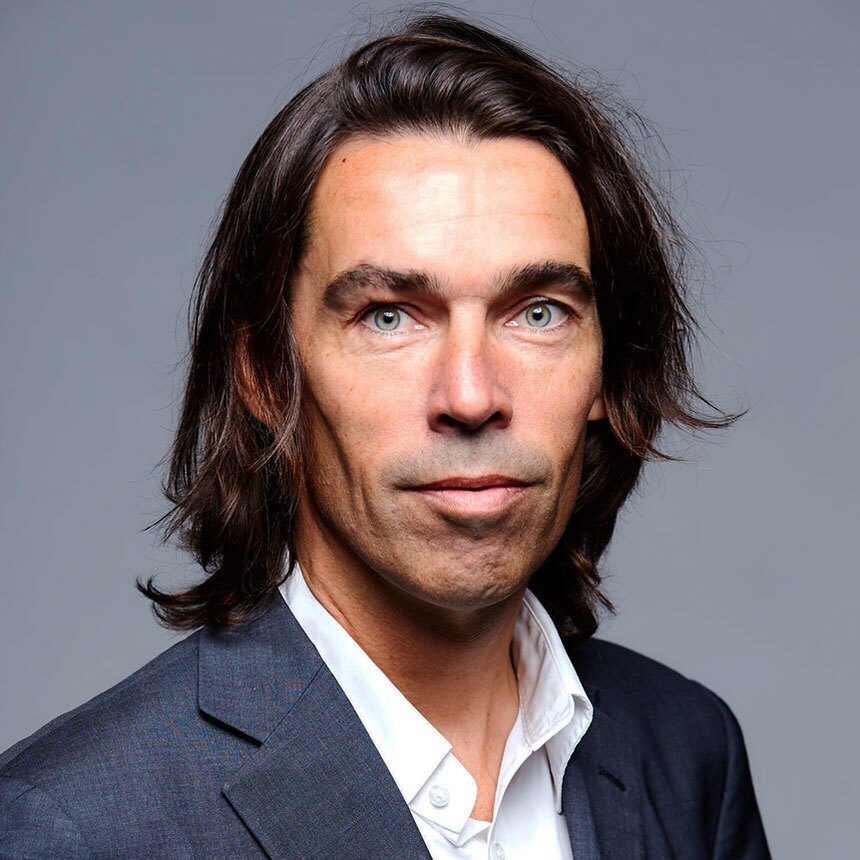CAPE TOWN, South Africa — As global hotel brands have proliferated across the world via the franchise model, hotel experts in Africa view the continent as the final franchising frontier.
“Why is franchising the most-adopted business model in the U.S. and [United Kingdom]?” asked Euan McGlashan, global co-founder and CEO, Valor Hospitality Partners, at the Future Hospitality Summit Africa. “Greater owner control is basically what they’re given … and an emotional connection.”
With hotel contracts in Africa often being “very owner-centric,” McGlashan said, third-party operators such as Valor need to work even harder to earn its management fees, which are separate from those charged by the global hotel brands.
Amith Khanna, head of franchise for India, Middle East and Africa at IHG Hotels & Resorts, said there's still room for hotels with more traditional management contracts as franchising takes hold.
“Africa is an immense opportunity, so we need both brand-managed and franchised. We have seen franchise growing in the Middle East, and now” it's Africa's turn, he said.
The percentage of franchised hotels in Africa has grown from 10% of all hotels to 20%, Khanna said.
“Franchising helps grow the brand and deliver the best-in-class,” he added.
Recently, there has been a spark in hotel franchising deals and commitments across Africa.
In June, IHG signed a franchise deal with Valor and owner Watercress Hotel International for the 119-room Crowne Plaza Lagos Ikeja, which is scheduled to open in early 2028.
Valor itself has signed four additional hotels — one in Senegal and three in Namibia — and Dubai-based Aleph Hospitality signed a historic deal to manage 26 Onomo hotels owned by African Hotel Development.
With Africa being a rapidly developing hotel market, there's a need for adaptability, flexibility and understanding from all stakeholders, said Neil George, Aleph Hospitality's partner and executive director.
“Flexibility in agreements, in fees and in product and quality. And in control, too. If [the owner wants] to get involved in our business, that’s fine. After all, it’s their hotel,” George said.
Scott Antel, founder of legal firm Scott’s Fz, dismissed any concerns that Africa is not ready for a wave of hotel franchising.
“Often, they say a country is not ready. Look at Interstate in Russia. The conversation should be about profitability, labor, in some markets, taxes. What on Earth does your share price have to do with my property?” he said, hinting at perhaps why an international brand is not needed at all for a specific hotel or market.
Though Interstate, now operating as Aimbridge EMEA, had a presence in Russia for decades, the company has not managed a hotel in Russia since 2022 following Russia's invasion of Ukraine.
Flexibility gets scale in developing markets, Antel said.
"That a country is not ready I have seen disproved many times. Marriott did not want to go to Russia because of compliance fears, so in that case franchising can be a win-win,” he added.
The franchising spurt in Africa must be maintained as a collaborative process, not a combative one, Khanna said.
Though the wheels of collaboration will be greased with profit, Antel said.
“Brands make a higher return on investment in franchising, and with less work, especially in emerging markets or those difficult to reach,” he said.
Antel added the international hotel brands must in many cases realize local hotel owners in Africa “simply know more than you do.”
But the more progressive brands have realized franchising is a fantastic business model, George said.
“The rest will discover that soon,” he said.
It's up to hotel companies like Valor to align and instruct owners and brands how to grow ROI and meet the goals of all parties, McGlashan said. And sometimes that means rejecting a brand.
But should hotel management companies have a preferred list of brand partners, or should they be open to working with all brands? George said considering whether to affiliate with a global hotel brand must be done on a case-by-case basis.
“It must be the right brand for the right hotel because when the consultants and lawyers have gone, then it is us who is staying,” he said.
McGlashan said he could not stand the term “brand-agnostic.”
“There is a proliferation of what I call sub-brands. What matters is the main brand. If you say you are brand-agnostic, that says you know them all. We’re specialists. Being brand-agnostic says that you’ll do anything for anyone, and that does not work,” he said.
Hotel owners also must understand the benefits of the franchise or management fees they pay, McGlashan added.
“What we deliver for owners far outweighs the fees. Are we trying to find the cheapest brand, or the best?” he said.
Editor's note, July 9, 2025: This story has been updated to clarify when Aimbridge Hospitality stopped management operations in Russia.


